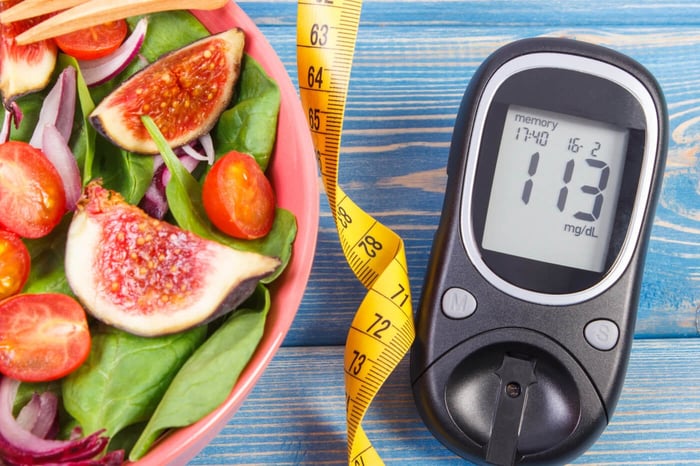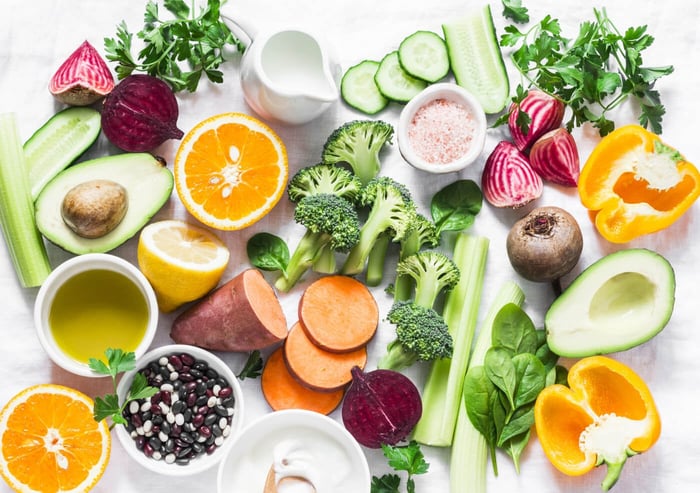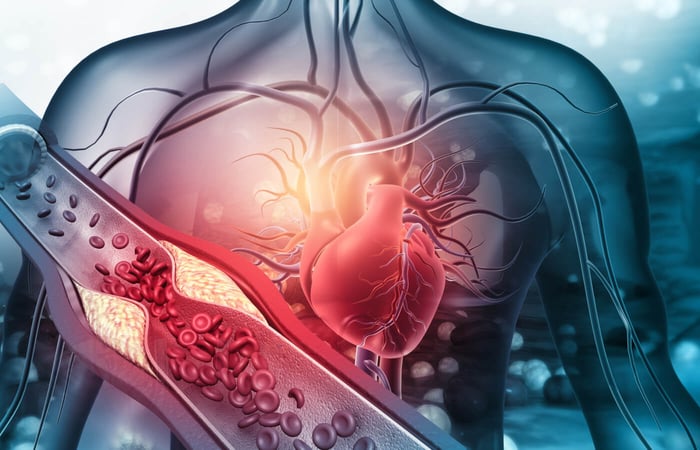You need to get just the right balance in your diet. Depending on factors like genetics, age, and health you may respond differently to things like foods, supplements, exercise routines, and prescription drugs.*
Nutrition is an important part of your life. It’s crucial to find the right balance for you so that you can achieve and maintain optimal health. Something as seemingly healthy “good-for-you” foods can react differently due to genetic factors.*
One person might have a piece of pizza with only a mild increase in blood glucose while others experience major spikes. Certain foods such as candy and soda pop are obvious food choices which can put more stress on your body’s insulin levels; however, sometimes seemingly healthier options like fruit juice or white bread may also cause great variation in how fast nutrients enter into our system – causing highs (glucose) or lows (insulin).*
One way to get the most out of life is by taking care of your health. Unfortunately, some doctors are not as attuned to these differences between all their patients and end up practicing a “one-size fits all approach”.*
Scientists have zeroed in on how your genetic makeup, lifestyle choices, and gut bacteria might influence the response you have to carbs. And it turns out that everyone is different!*
A team at Weizmann Institute studied various factors like insulin sensitivity which are related to glucose metabolism; along with ones such as BMI (Body Mass Index) and waist circumference. They found some interesting results about who responds differently when consuming carbohydrates.†*
For the study, 800 subjects aged 18 to 70 years old were fed one of four types of standardized breakfast meals over the course of a week. Each planned meal contained 50 grams of carbohydrates, while the subjects ate their usual meals and went about their usual daily activities the rest of the time.†*
In the end, after a total of 46,898 meals, it became very clear that not everybody responds the same way to the same food… and that a food’s glycemic index can’t predict with certainty how it will affect a person’s blood sugar levels.†*
This study revealed that some people were prone to react more intensely to specific types of carbohydrates (“carbohydrate sensitive”), and others didn’t really react at all to the same exact type of carb (“carbohydrate insensitive”). Amazingly, all of the participants were individually consistent in their responses, despite the types of food they ate.†*
For example, some people consistently had a modest 15 mg/dl increase in blood sugar after eating bread, while others consistently had a 79 mg/dl jump.†*
Gut Microbiome and Balanced Blood Sugar
You might think that you know what kinds of bacteria live in your gut, but the truth is we all have a diverse range.*
The Israeli researchers wanted to understand how their subjects’ blood sugar levels varied so much from one another – after all, it takes more than just glucose for someone’s body to work well! With that said, they looked at each subject’s microbiome (or “good” and “bad”) which revealed some interesting insights into human health trends.†*
It turns out these microscopic companions can affect our behaviors both good-aligned as well as bad.†*
Achieving A Balanced You
Sometimes it can be difficult to find a balance in our diets, and being sensitive to certain foods that cause issues such as elevated blood sugar levels can be frustrating. Blood Sugar Health contains ingredients such as water-soluble Cinnulin® Cinnamon Bark extract to help support glucose heath and carbohydrate management which also may help to minimize “sweet cravings”.




